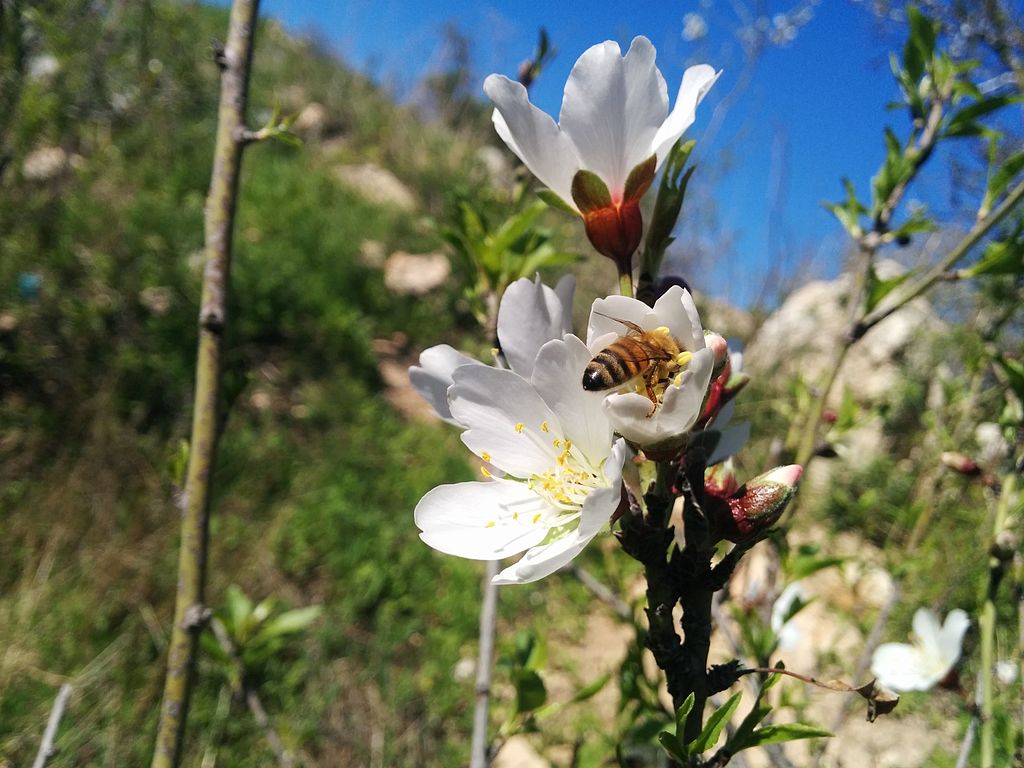Diversity of life is the basis of humane living; however, the speed that species are going extinct or disappearing from their original habitats is accelerating. Falconers and hunters cannot and do not ignore the circumstances that cause this. Falconry is the hunting of game in its natural habitat with a trained bird of prey; without game there can be no falconry. Falconry is, therefore, reliant on biodiversity.
Areas of high biodiversity, such as this meadow of wildflowers on the left, support diverse insect life and complex ecosystems of larger animal species. Unfortunately, increasing intensity of agricultural practices is making biodiversity deserts, such as this monoculture on the right, more common.
There are fewer and fewer areas in Europe for hunting species like the grey partridge, found in huge numbers across central Europe up until the 1970s. In some parts of Europe the partridge has become totally extinct. However it is not only game species that are affected; farmland birds like larks, buntings, lapwings, curlew, even sparrows are declining at alarming rates.
The reasons for the decreases are well known and have been well studied: monocultures, harvesting crops during the night and in early spring and the use of synthetic pesticides all have strongly negative effects on biodiversity. The absence of insects that these practices cause makes the survival of the ecosystems that depend on them, including farmland birds like partridge, lark and lapwing, nearly impossible.
Falconers and hunters are aware of this situation. Great efforts are being made by them in areas where falconry and hunting is practiced to encourage the recovery of biodiversity necessary to support these bird species. Falconers know that only modern, efficient farming can secure the food needs of the worl d’s constantly rising population and we express solidarity with the targets of modern farming; however, an effective and sustainable farming system has to include the protection of water, soil and climate, as well as the ecosystems that depend on these.
This protection represents an extraordinary economic value, the European Union’s CAP (Common Agricultural Policy) including GREENING measures must provide for those targets. There is hope for these farmland species if GREENING is implemented in a successful way. Unfortunately, we are seeing insufficient implementation in many parts of the EU. Falconers and hunters acknowledge their responsibility for the environment and the IAF Biodiversity Working Group, a specialist task force consisting of falconers and hunters with scientific and land management backgrounds, works to raise awareness of threats to European biodiversity and to seek solutions to these.
The IAF Biodiversity Working Group has issued a statement on the use of Glyphosate, available here. IAF will continue to work with MEPs and other NGOs to preserve farmland biodiversity and protect farmland game populations.

